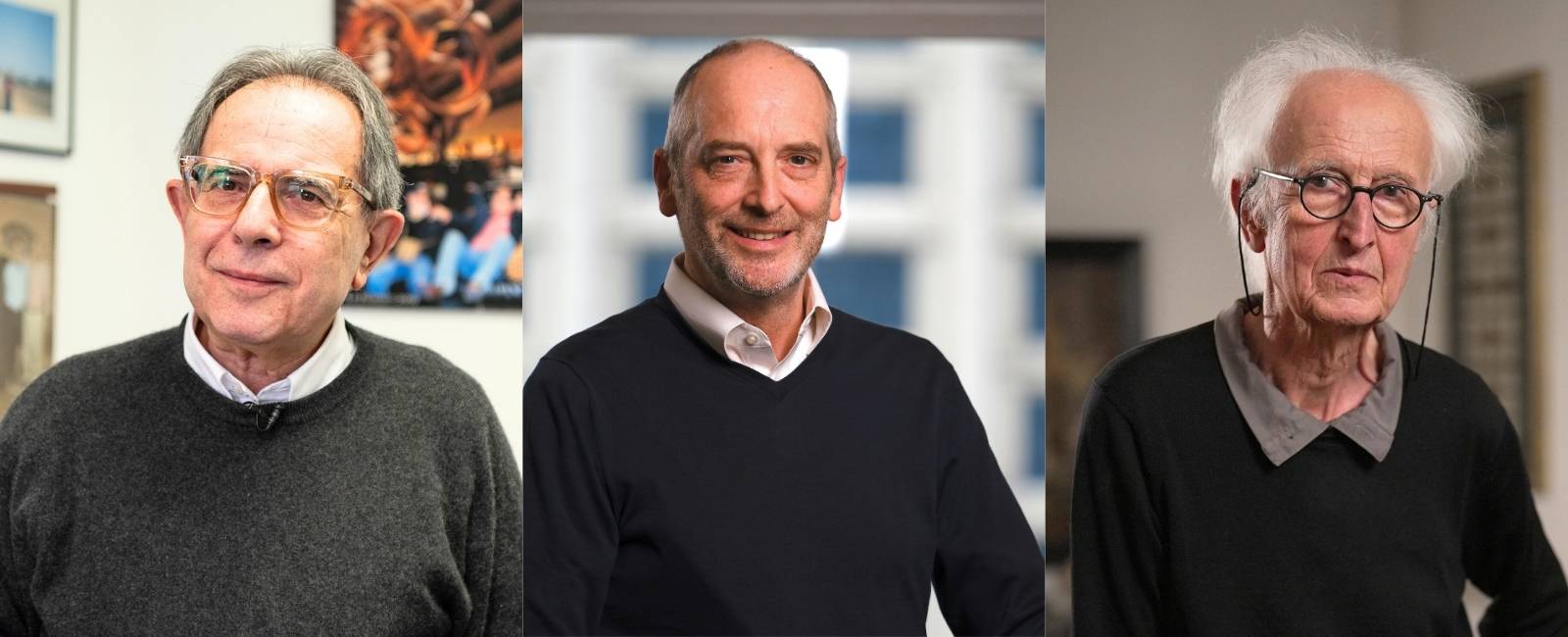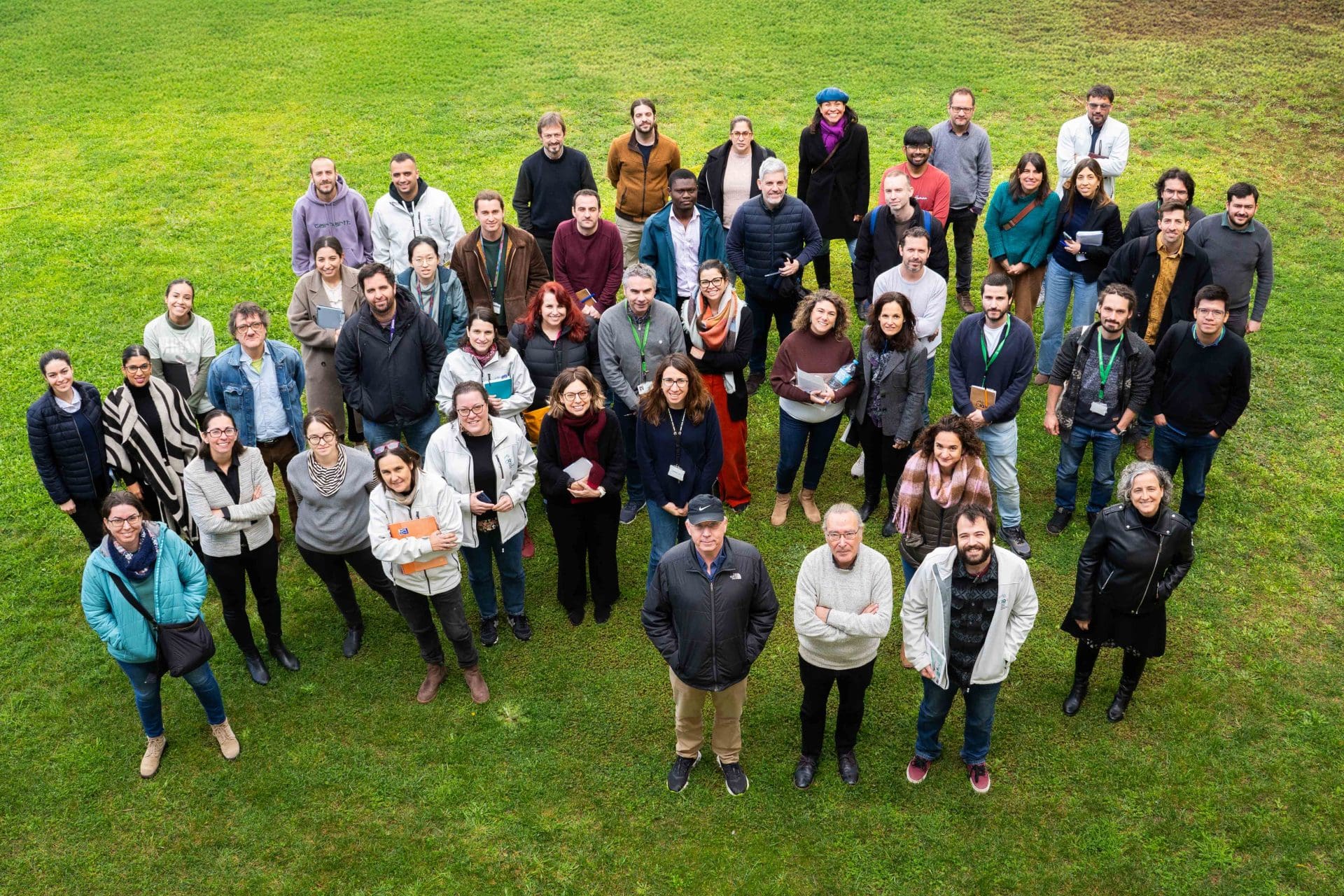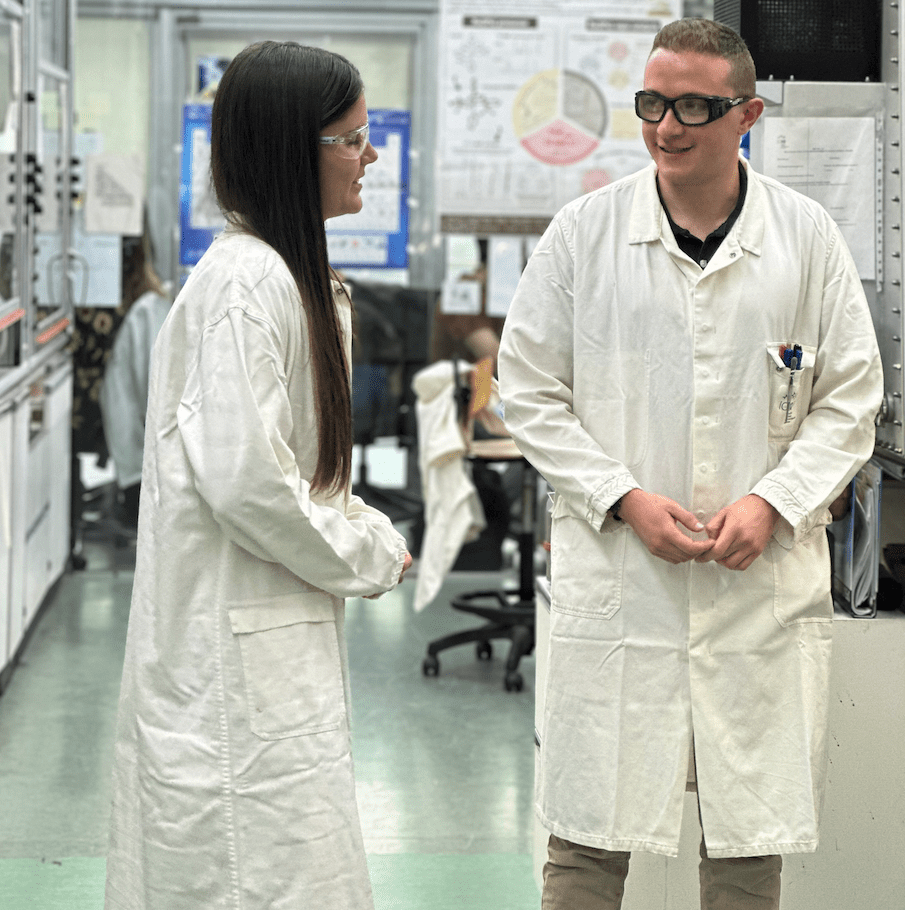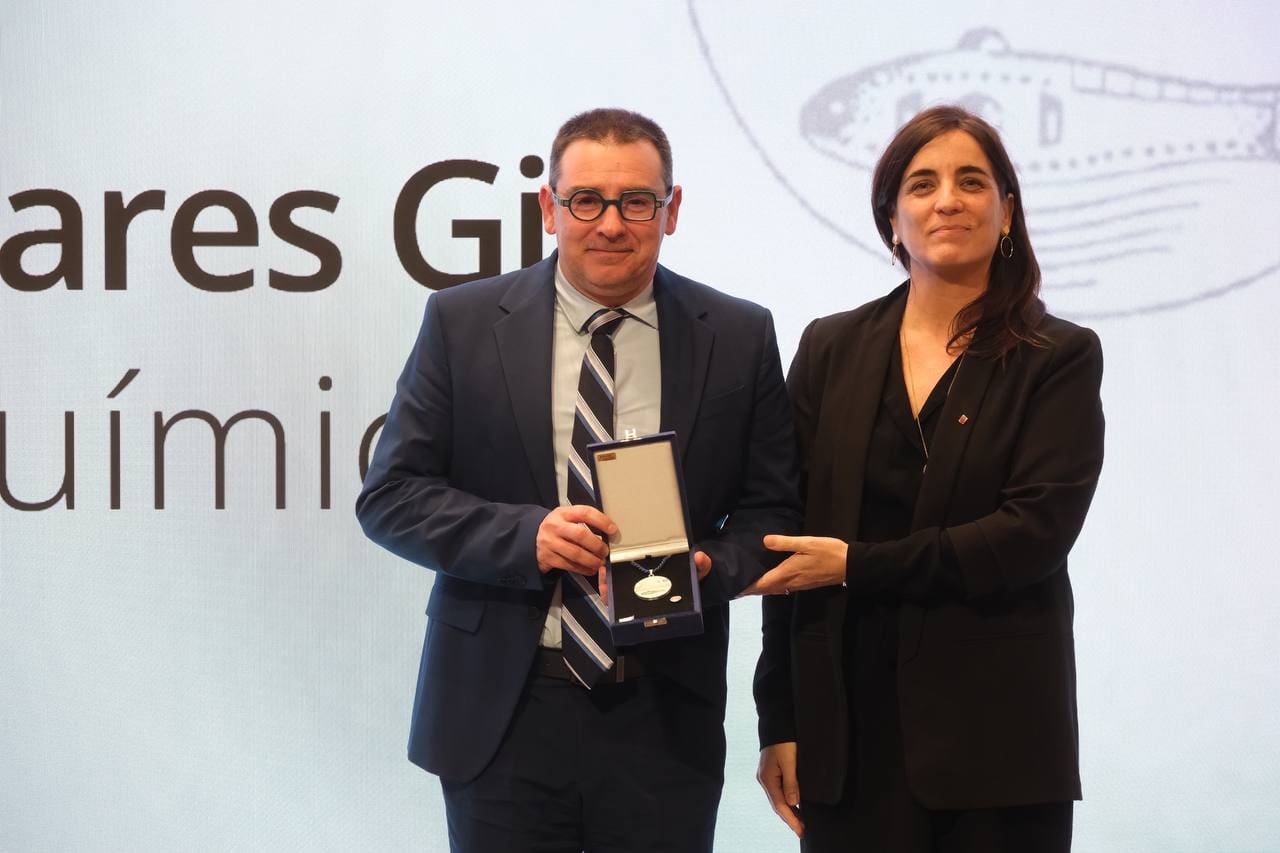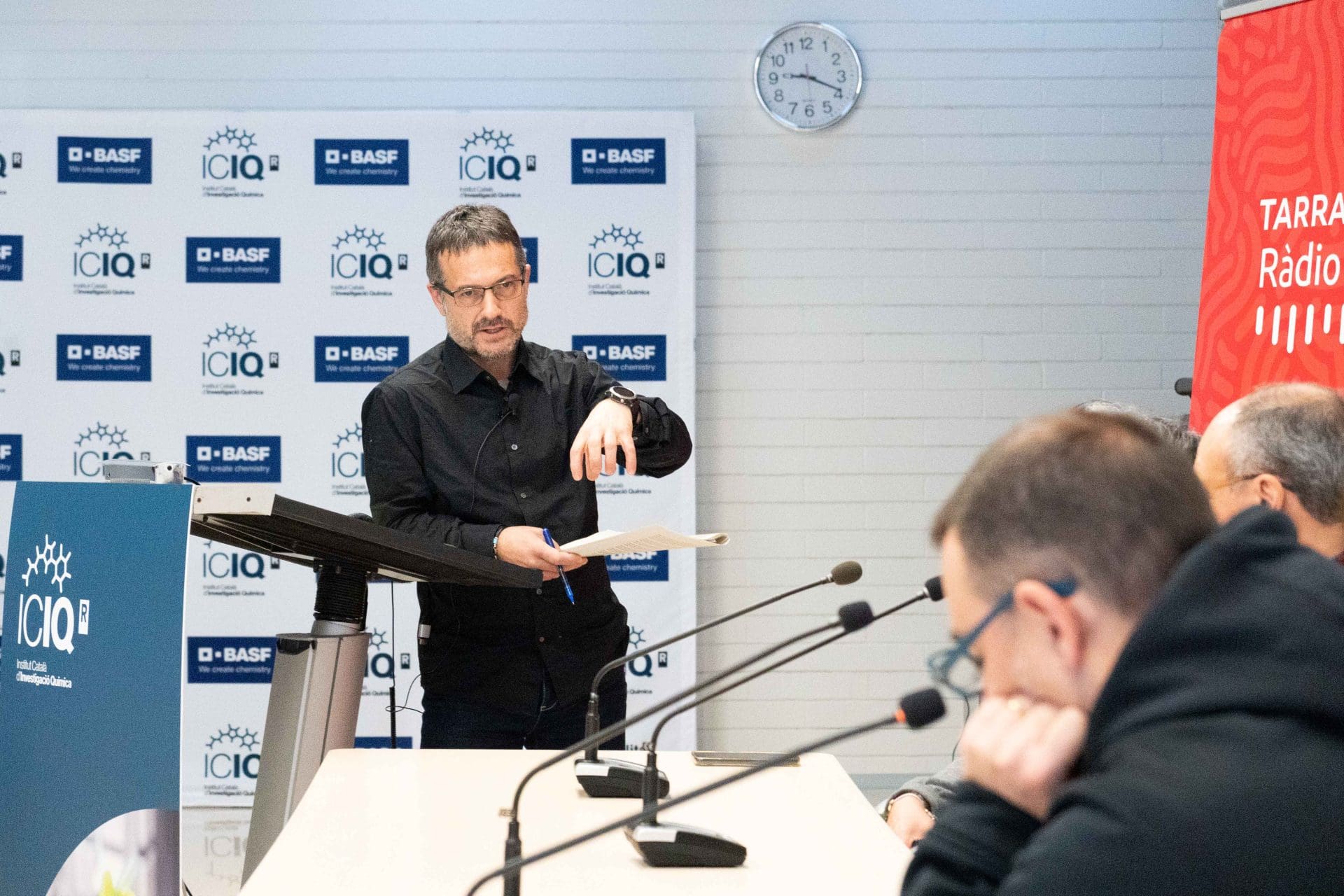A new metal-free method for the synthesis of indoles
24th March 2015 – Indoles are privileged structures in natural products, as well as in medicinal and biological chemistry. Substituted indoles are structural elements of the tryptophan-derived tryptamine alkaloids like the neurotransmitter serotonin, and melatonin. Other indolic compounds include the plant hormone auxin, tryptophol, the anti-inflammatory drug indomethacin, the betablocker pindolol, and the naturally occurring hallucinogen dimethyltryptamine.
Due to its importance, synthetic access to this class of compounds has received huge attention for more than 30 years, and numerous routes to their synthesis have become available. Important contributions from recent years are based on transition-metal-catalyzed transformations, which may post a problem in the areas of biological and medicinal chemistry, given their particular purity requirements. Therefore, the development of the corresponding metal-free oxidation reaction would be an important addition to the field of indole synthesis.
Intramolecular amination reactions of alkenes have proven extremely versatile for the intramolecular synthesis of a large variety of nitrogen heterocycles. Nevertheless, this approach had never been used for the synthesis of indoles. Having this in mind, the team of professor Kilian Muñiz started to explore the synthetic basis for the realisation of such a process using hypervalent iodine reagents as sole oxidants. After intensive work, they have developed a process based on sterically congested hypervalent iodine compounds of the family of Koser reagentes that promotes the chemoselective oxidative cyclisation of 2-amino styrenes to indoles in high yields under mild conditions.
“It was surprising for us that, although intramolecular amination of alkenes with hypervalent iodine reagents had been tested for the synthesis of such a large number of heterocycles in the past, it had never been applied to the synthesis of indoles. Considering the general interest of these compounds in the fields of medicine and pharmacy, we decided to tackle this challenge. We believe that this new transformation will be of particular use to the synthetic community” -says Kilian Muñiz.
This reaction complements related transition-metal catalyses and broadens the synthetic possibilities of metal-free amination methodology.
Indole Synthesis Based On A Modified Koser Reagent
L. Fra, A. Millán, J. A. Souto, K. Muñiz
Angew. Chem. Int. Ed., 2014, 53, 7349-7353
Related news

Let's create a brighter future
Join our team to work with renowned researchers, tackle groundbreaking
projects and contribute to meaningful scientific advancements







 27-03-2025
27-03-2025 